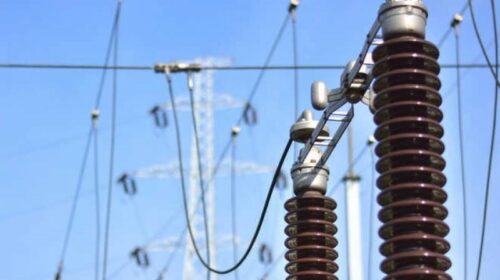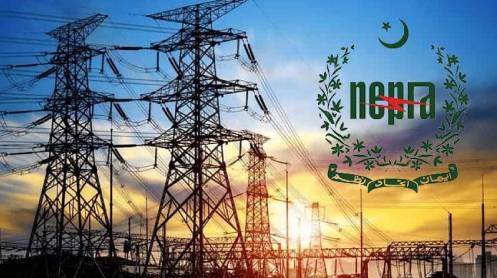The coalition government, on Tuesday, failed to take a clear policy stance on the privatisation of power distribution companies despite Rs536 billion being added to the circular debt in the previous fiscal year.
For the second time in the past four months, the Cabinet Committee on Privatisation (CCOP) did not decide on a summary that had been resubmitted to hand over management of the power sector distribution companies to the private sector.
According to the Finance Ministry “the CCOP after detailed deliberation directed the Privatisation Commission to present a detailed presentation on Public-Private Partnership in management of DISCOs (IESCO, FESCO and HESCO)”. The indecisiveness of the CCOP brings into focus the strikingly divergent positions the coalition partners may have regarding the role of the public sector.
According to a statement issued by the Ministry of Finance, the Privatisation Commission tabled a summary related to private sector participation in the management of DISCOs. The statement added that the CCOP also directed the Power Division to carry out a complete evaluation of the assets of the DISCOs by a reputable valuation firm and to present a synopsis of the financial health of the companies.
The directions given by the CCOP, however, are not in line with the proposals made in the summary. According to the summary, the Privatisation Commission sought revalidation of the CCOP’s May 2021 decision about private sector participation in the management of DISCOs; through a Concession Model for eight DISCOs and management contracts for two (Quetta and the tribal areas).
Earlier, in June this year, the CCOP had directed the power division to write to all provinces “through the Ministry of Inter Provincial Coordination (IPC) for negotiations in buying of the concerned DISCOs by the respective province.
The CCOP has been using delaying tactics at a time when the power sector has already accumulated an additional Rs536 billion in circular debt despite increasing electricity prices and paying hundreds of billions of rupees in subsidies.
As the power sector requires politically unpopular steps to be taken, the Pakistan Democratic Movement (PDM) government seems reluctant to do anything that may comprise their already weakening political position.
Even if the CCOP had given a go-ahead for the Concession Agreements Plan, it would have required doing a lot of policy and regulatory work to bring these entities to a position where they can be handed over to the private sector.
A government official said that many actions were still pending under the National Electric Policy and Regulatory Framework for DISCOs, which are required for the structuring of the transactions.
As per the requirement of Section 14A of the NEPRA Act, the investment programmes and power acquisition programmes of the DISCOs have to be approved by NEPRA for a reasonable period.
An efficient tariff structure for DISCOs has to be first finalised along with DISCOs’ performance targets. A strategic road map, entailing commercial performance milestones, will have to be developed for a suitable period for DISCOs; the anti-theft initiatives and recovery systems need to be institutionalised in each DISCO with the support of law enforcement agencies and provincial government.
The CCOP, for the second time, deferred a summary related to addressing pending issues delaying the closure of the privatisation transaction of the Heavy Electrical Complex, indicating the unwillingness of the bureaucracy to even conclude a transaction that had reached the signing of the Sale Purchase Agreement in February this year.
The M/s IMS Engineering Private Limited (IMS) had bought the entity for Rs1.4 billion in February this year but the government has not been able to conclude the transaction. The PC Board has also expressed concern that these matters have been persistently highlighted over the past several months but is yet to be resolved.





